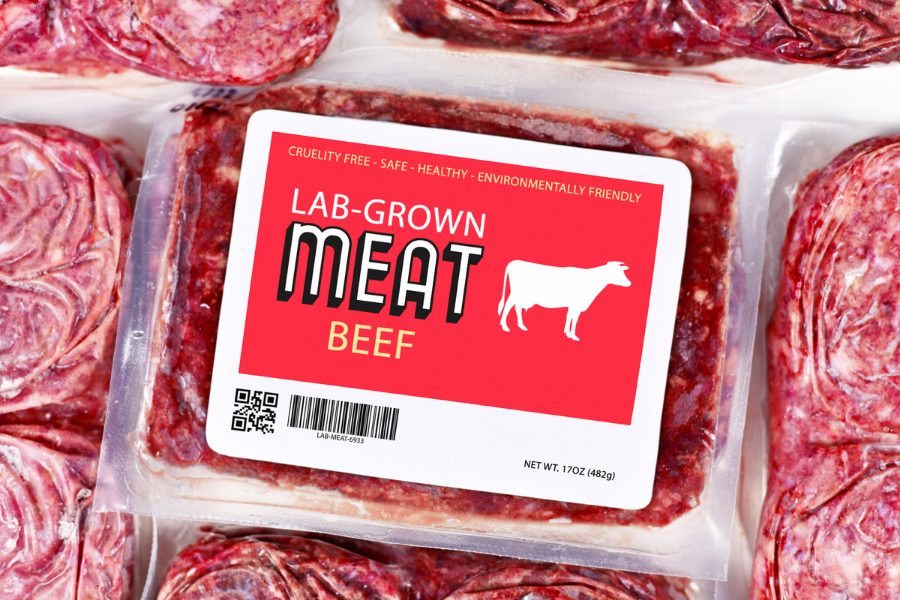Israeli startup Future Meat Technologies Ltd. is in talks with U.S. regulators to start offering its cell-based meat products in restaurants by the end of next year.
THE WORLD’S FIRST INDUSTRIAL CULTURED MEAT PRODUCTION FACILITY
Future Meat Technologies has just opened what it calls the world’s first industrial cellular meat facility, which will be able to produce over 1,000 pounds a day, reported Bloomberg (June 23). The company is eyeing several U.S. locations for its projected expansion.
“This facility opening marks a huge step in Future Meat Technologies’ path to market, serving as a critical enabler to bring our products to shelves by 2022,” said Rom Kshuk, CEO of Future Meat Technologies, in a press release. “Having a running industrial line accelerates key processes such as regulation and product development.”
The facility can currently produce cultured chicken, pork, and lamb, without the use of animal serum or genetic modification (non-GMO), with the production of beef coming soon. The platform enables fast production cycles—about 20-times faster than traditional animal agriculture.
The company’s cruelty-free production process is also expected to generate 80% less greenhouse emissions and use 99% less land and 96% less fresh water than traditional meat production.
CELL–CULTURED MEAT MARKET OUTLOOK
The cultured meat industry now has more than 75 companies producing proteins like beef and chicken by growing cells. The market could reach $25 billion globally by 2030, according to a report from McKinsey & Company.
This means that, by 2030, cultivated meat could provide as much as half of 1%, or billions of pounds, of the world’s meat supply, with implications for multiple sectors.
However, a lot must happen for cultivated meat to become a major industry. Tens of billions of dollars need to be spent to scale it to just 1% of the global protein market, McKinsey noted in the report. For the next decade, the focus will likely be on proving commercial viability with modest market penetration.











